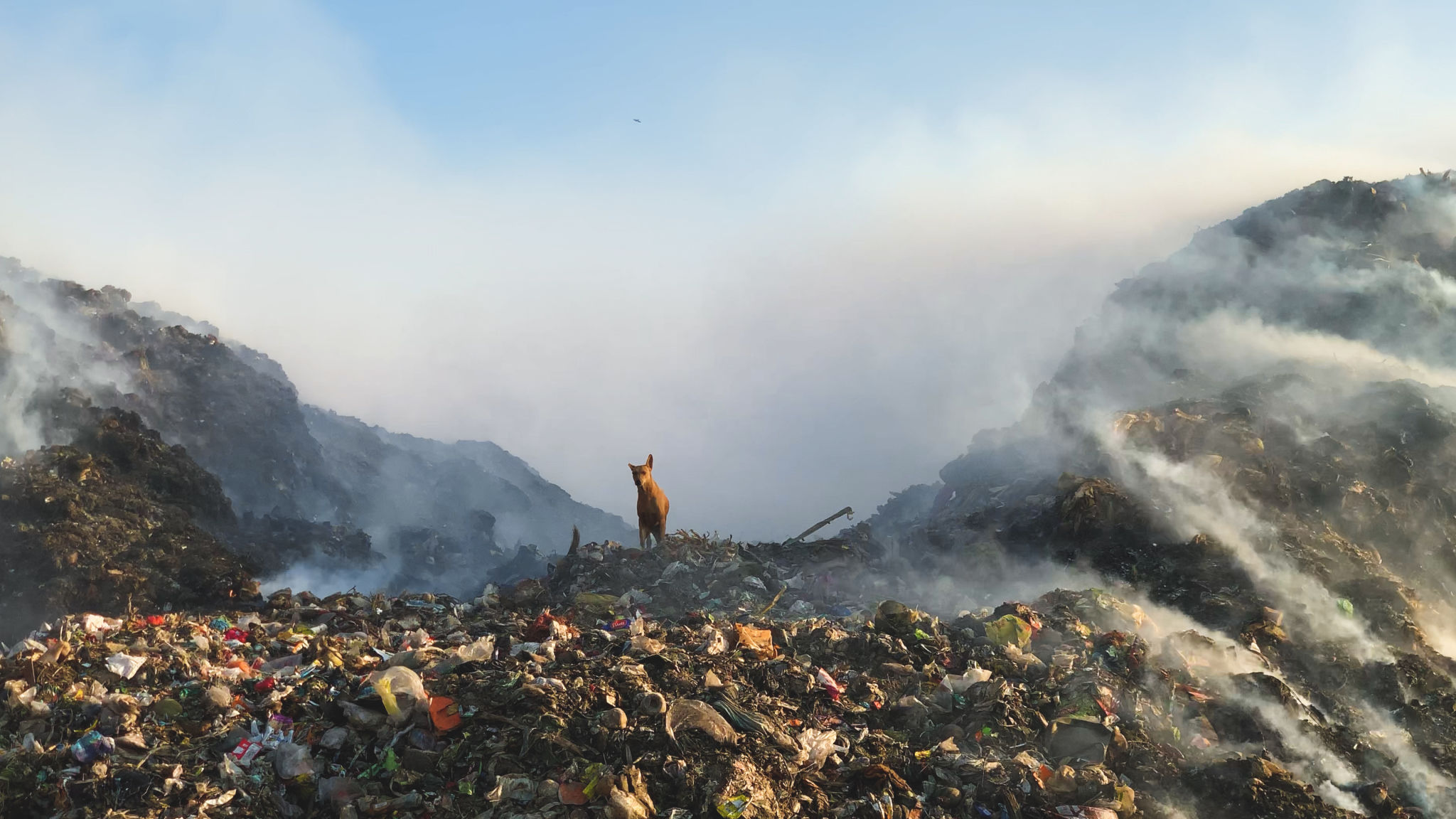The Environmental Impact of Pet Waste and How Local Services Help
Understanding the Environmental Impact of Pet Waste
Pet ownership brings immeasurable joy, but it also comes with responsibilities, including managing pet waste. Many pet owners might not realize that pet waste is more than just a nuisance; it poses significant environmental risks if not handled properly. Unlike wild animal waste, pet waste is concentrated in specific areas, often close to human activity, which can lead to increased pollution.
When pet waste is left on the ground, it doesn't just disappear. Instead, it can be washed into storm drains by rainwater, eventually making its way into rivers, lakes, and oceans. This process introduces harmful bacteria and nutrients into aquatic ecosystems. These pollutants can lead to the degradation of water quality, posing a threat to both wildlife and human health.

The Consequences of Improper Disposal
The nutrients found in pet waste, such as nitrogen and phosphorus, contribute to the growth of algae blooms in water bodies. These blooms deplete oxygen levels, harming fish and other aquatic life. Moreover, pet waste contains pathogens like E. coli and Salmonella, which can contaminate water sources and pose health risks to humans who come into contact with them.
Additionally, pet waste contributes to the spread of parasites like roundworms and hookworms, which can linger in soil for long periods. These parasites pose a risk to both humans and other animals who might come into contact with contaminated soil or water.
The Role of Local Services in Mitigating Environmental Impact
Fortunately, there are local services dedicated to minimizing the environmental impact of pet waste. These services provide convenient solutions for busy pet owners who may not have the time or resources to manage pet waste properly. By utilizing these services, pet owners can ensure that waste is disposed of in an environmentally friendly manner.

Pet Waste Removal Services
Pet waste removal companies offer a range of services designed to keep yards clean and safe. They typically provide regular waste collection from residential properties, ensuring that pet waste is disposed of in compliance with local regulations. These services help prevent the accumulation of waste, reducing the likelihood of pollution runoff during rainstorms.
- Scheduled pick-ups: Regular visits to collect pet waste from your property.
- Eco-friendly disposal: Ensuring waste is disposed of safely and sustainably.
- Community clean-up events: Organizing efforts to clean public spaces affected by pet waste.
Public Awareness and Education
In addition to direct waste removal, many local organizations engage in public awareness campaigns to educate pet owners about the environmental impact of pet waste. These initiatives often include informative workshops, distribution of educational materials, and encouragement of responsible pet ownership practices.

By raising awareness and providing practical solutions, local services play a crucial role in reducing the environmental footprint of pet ownership. Encouraging responsible pet waste management not only helps protect our natural resources but also fosters a cleaner and healthier community for everyone.
Simple Steps for Pet Owners
Pet owners can take several steps to help mitigate the environmental impact of their pets' waste. Here are some simple practices:
- Scoop the poop: Always clean up after your pet during walks or in your own yard.
- Use biodegradable bags: Choose environmentally friendly options for disposing of pet waste.
- Participate in local clean-up efforts: Join community initiatives aimed at keeping public spaces clean.
By taking these actions and supporting local services dedicated to responsible waste management, pet owners can significantly reduce the negative impact their pets have on the environment.